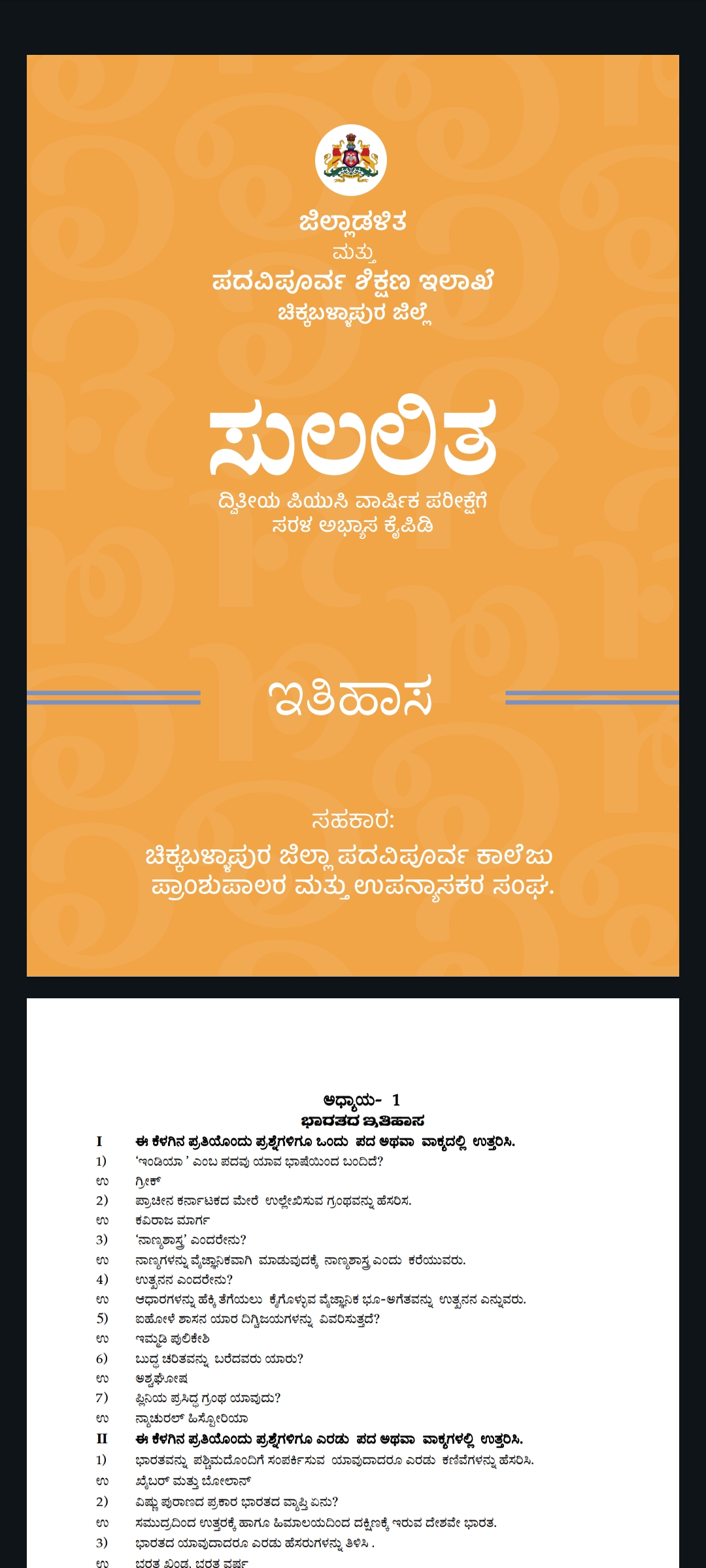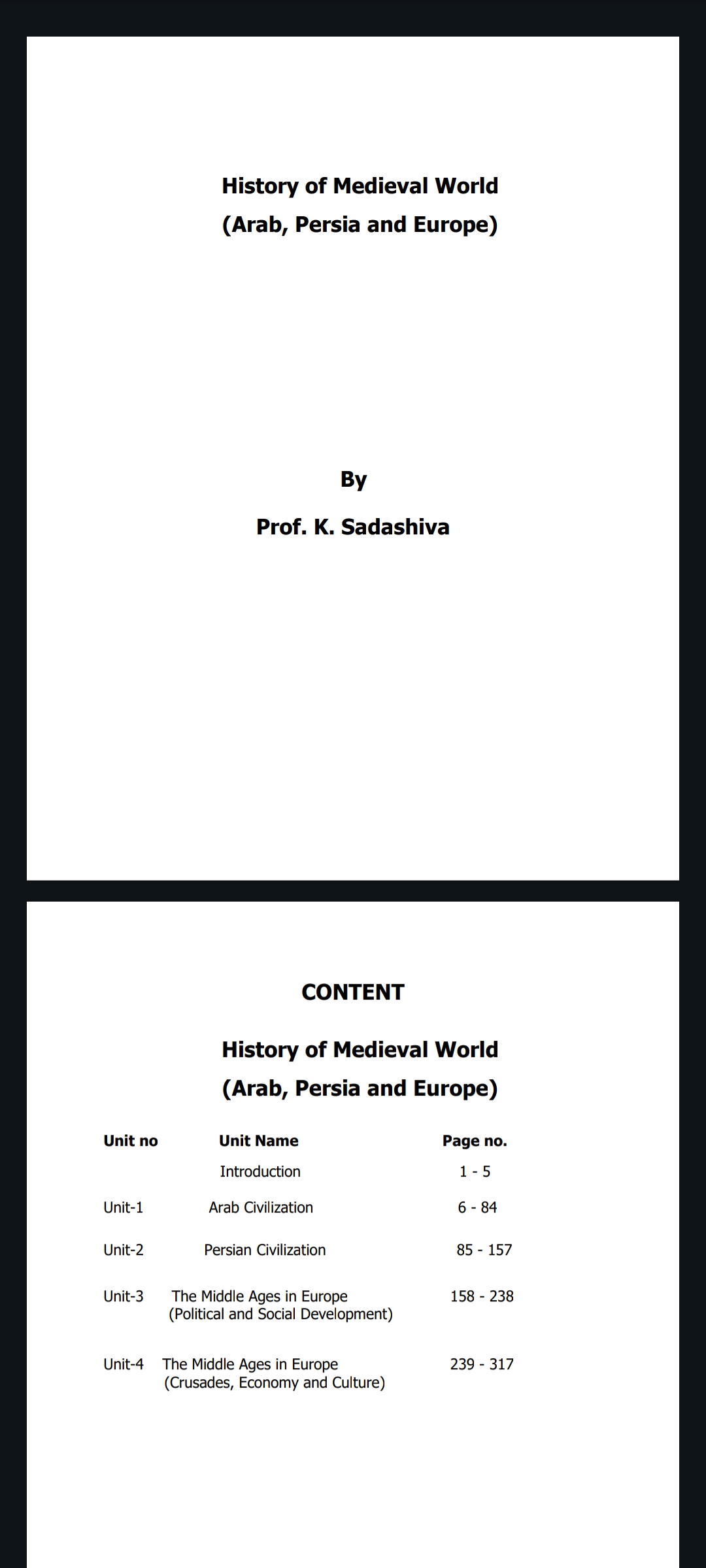The study of history holds significant importance in various competitive examinations for several reasons:
- Understanding of Societal Evolution:
- History provides a comprehensive understanding of how societies have evolved over time. This knowledge helps candidates in competitive exams to analyze the roots of contemporary issues and developments.
- Contextualizing Current Affairs:
- Historical events often form the backdrop of current affairs. A strong grasp of history enables candidates to contextualize and better comprehend the implications of current events, which is crucial in exams testing general awareness.
- Cultural and Global Awareness:
- Competitive exams increasingly focus on assessing candidates’ awareness of diverse cultures and global perspectives. History serves as a bridge to cultural understanding and helps candidates appreciate the interconnectedness of nations and civilizations.
- Critical Thinking and Analytical Skills:
- The study of history promotes critical thinking and analytical skills. Analyzing historical events requires candidates to evaluate multiple perspectives, discern cause-and-effect relationships, and make connections between different occurrences.
- Policy and Governance Understanding:
- Many competitive exams include sections on polity, governance, and public administration. Historical knowledge provides a foundation for understanding the evolution of political systems, governance structures, and policymaking, aiding candidates in answering questions related to these topics.
- Enhancing General Knowledge:
- History contributes significantly to a candidate’s general knowledge. This is crucial in exams that have a broad spectrum of topics, as historical knowledge often intersects with other subjects, providing a more holistic understanding of the world.
- Building a Foundation for Other Subjects:
- History serves as a foundation for various subjects like geography, political science, economics, and sociology. A strong historical base can facilitate the comprehension of related topics and enhance overall performance in exams.
- Developing Memory Skills:
- Memorizing historical events, dates, and facts helps in the development of memory skills. This is particularly useful in exams that require recall of information, as candidates can use historical events as mnemonic devices.
- Understanding Change and Continuity:
- History provides insights into the dynamics of change and continuity. Competitive exams often assess a candidate’s ability to understand the factors that lead to change or persistence in different contexts, making historical knowledge valuable.
- Essay and Interview Preparation:
- For exams that include essay writing and interviews, a sound knowledge of history can be beneficial. Candidates can draw on historical examples and analogies to substantiate their arguments and showcase a broader perspective.
In conclusion, history plays a crucial role in competitive examinations by fostering a well-rounded understanding of the world, promoting critical thinking, and providing a foundation for other subjects. Candidates who appreciate the significance of history are better equipped to excel in a wide range of competitive exams.
NAME FILE: 2nd PU HISTORY notes for final exam
🍀FILE TYPE: PDF
🌿FILE Page –
🌏FILE Download Option: yes
🎈File cost: free
🍀 questions paper
💫Edited file: no
🗓️Year 2023
🌐File link. Yes
👉File Language: Kannada
🌻 Scanned copy -yes
🪴Pages quality -yes
✍️ subject: HISTORY
💫Uses of 2nd PU and ALL Government services employees
Special thanks 🙏 VISIT
CLICK HERE download full paper
🤝Share your friends and support me


